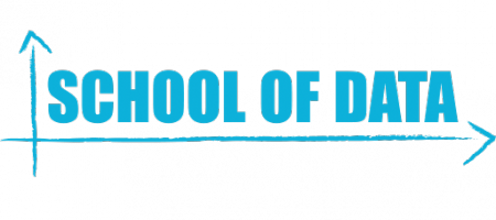About The Course

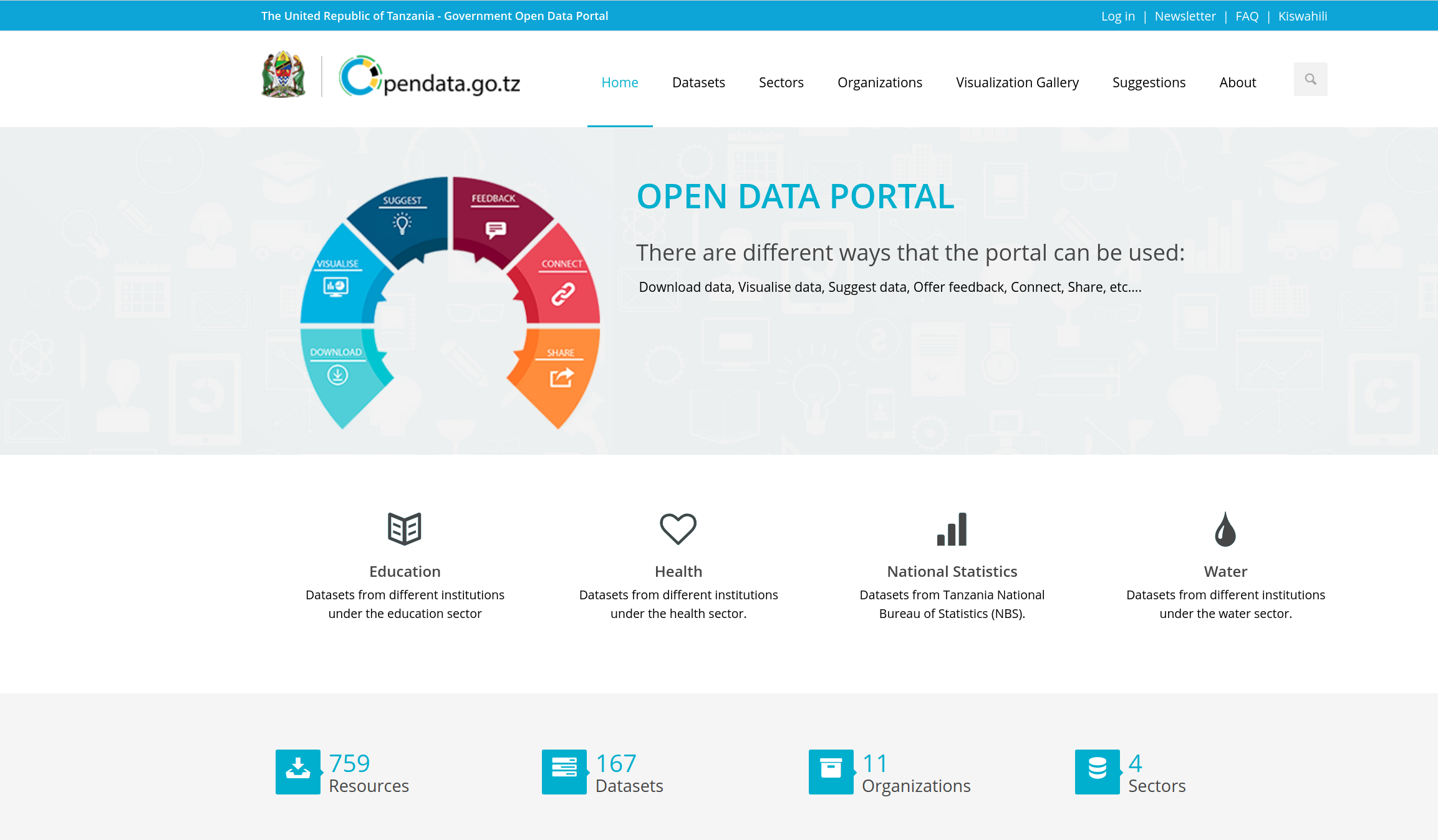
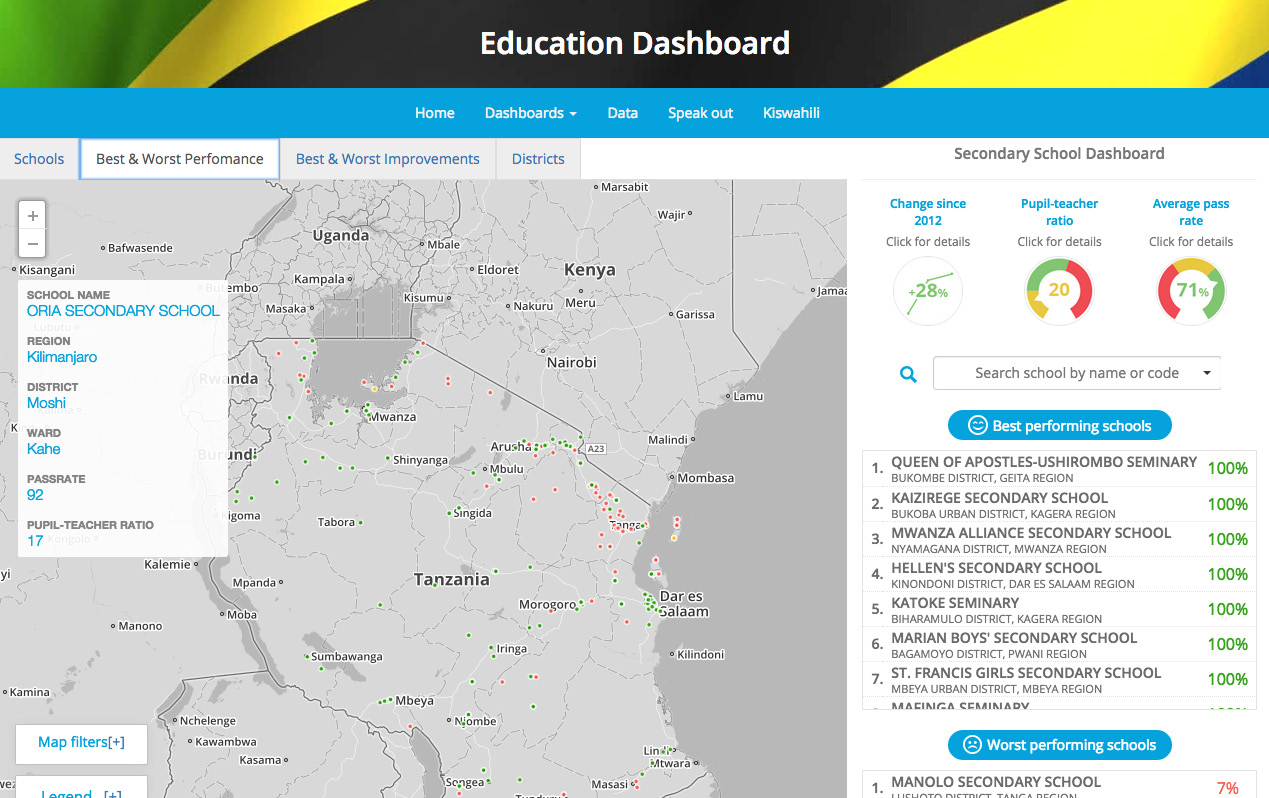
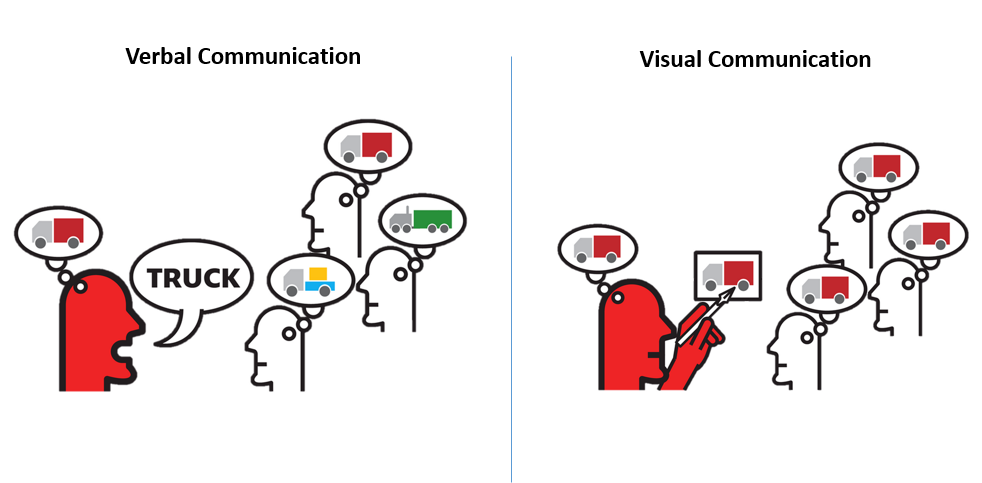
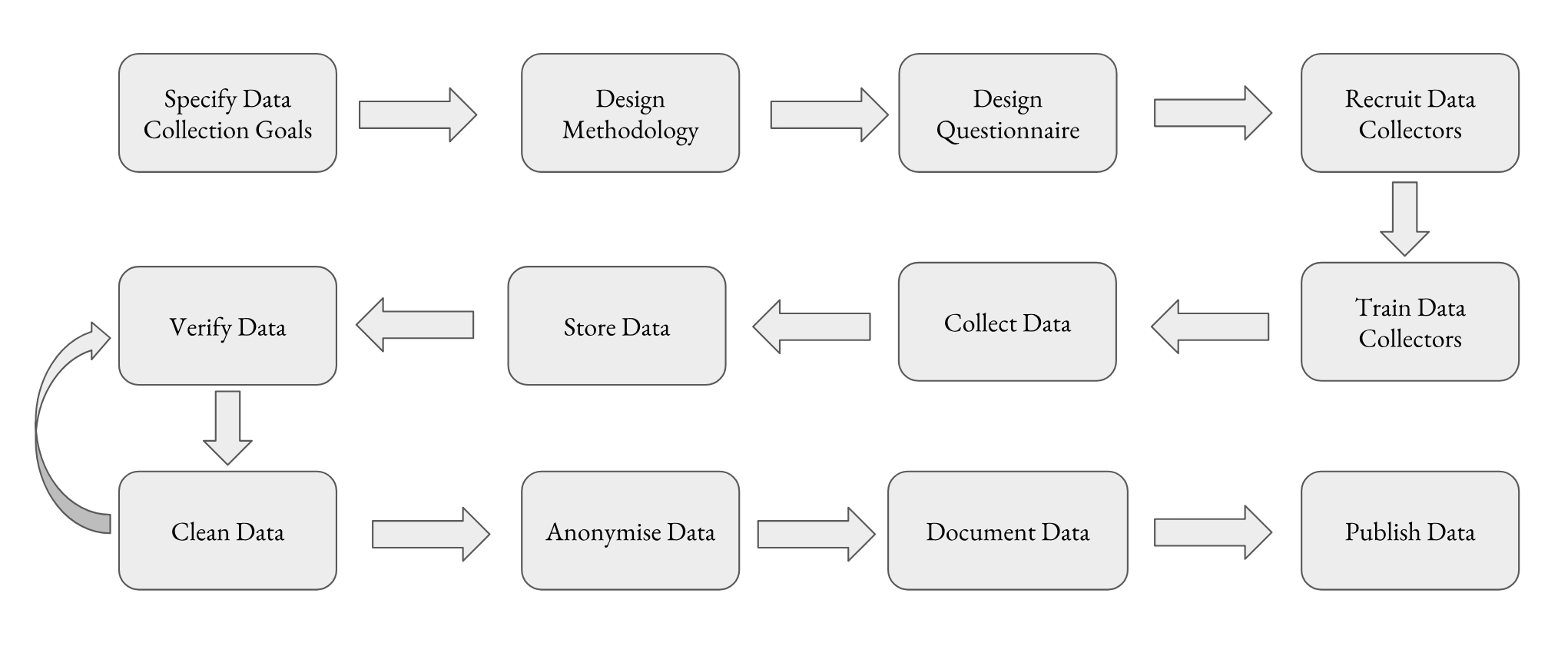
School of Data designed and produced a modular curriculum to develop foundational data skills for students and trainers of the Local Government Training Institute. This curriculum is broken up into two different courses aimed at building basic data skills required for local government officers. We included a prerequisite course on computer, web and spreadsheet literacy as the courses will require basic computer proficiency in order to make effective use of the tools and resources introduced over the course of the programme. The objective of the data fundamentals course is to develop the foundational data literacy skills that will allow participants to walk through the School of Data's Data Pipeline given a specific data problem or question. We start to teach the basics of data literacy using datasets from Tanzania as examples. In addition, we included a specialisation course in data collection to allow participants with the skills required to design and implement a data collection project or using available open source tools. Completing this specialisation would require completion of the data fundamentals course or equivalent knowledge/experience. A second specialisation on Geospatial Data may be added in the future. We took a hands-on and project-driven approach for each course where a model problem will be introduced and tackled by:
Exposing technical concepts
Practising via lab exercises
Working on self-selected or pre-defined group projects
Data Fundamentals
Manual 1: Introduction To Computer, Web and Spreadsheet Basics
This module introduces the learner to the basics of computers, the Web and
spreadsheets which will service as fundamental tools for the data course. Anyone
reading this today understands the value that computers place in our day-to-day work
and it only makes sense that anyone working with data is comfortable with the basics of
using a computer. Besides, most data you will interact with today is either collected,
analysed or stored on a computer, which makes it a critical tool to master. There is a
wide spectrum of knowledge and skills that can be learned when dealing with a
computer. However, you only need to know the basics to start leveraging the powerful
features it provides to work with data.
Introduction
To Computer, Web
and Spreadsheet Basics
Manual 2: Introduction To Data
This module introduces data by providing a common understanding of what
constitutes data and why it is of such value to local government professionals. It
then provides some examples of data from simple, intermediate to advanced
types including the opportunities and limitations that data presents. The
following lessons explore different types of data access with a focus on defining
open data and examples. An exploration of why open data is be a crucial
component of the work of local government officials in Tanzania is further
developed with an understanding of the common terms and concepts learners
should be familiar with when working with open data. Finally, this module ends
with an overview of the School of Data Pipeline, a framework that makes it easy
to work through various stages to generate useful insights or products from
data.
Introduction To Data
Manual 3: Defining, Finding & Getting Data
In this module, we will begin to dive deeper into the concepts, techniques and
tools used in the first 3 stages of the Data Pipeline. Learners will go through how
to properly define the relevant scope of the question(s) they want to gain
insights into and learn about where they can find that data. Once this data has
been identified, it can be a simple process of just clicking to acquire the data or a
tedious process of having to convert the data into the proper structured format.
Defining, Finding
& Getting Data
Manual 4: Verifying, Cleaning & Analysing Data
In this module, we will delve into what to do the gain more confidence in the data you are
working
with (verifying). This is then followed by technique to clean up your data and get it into a
format that is easier to work
with and accessed by others working on the dataset in the future as well as different systems
(cleaning).
Once we are done with cleaning the data, we will learn various techniques using spreadsheet
features to analysed
our dataset to gain the insights we are interested in.
Verifying,
Cleaning & Analysing Data
Manual 5: Presenting Data
In this module, you will learn the basics of effective communication with data
visualisation. You will learn how the human brain is adapted for understanding data
through visualisation and what effective sensory engagement looks like. This module
will also introduce principles to matching data types to graphical forms for effective
communication, basic design principles and data visualisation ethics. Students will
learn to redesign data visualisations with this new knowledge. Most importantly this
section is about conveying knowledge and information through visual stories, not just
dry statistics.
Presenting Data
Data Collection
Manual 1: Preparing A Data Collection Project
This module introduces the learner to the basics of computers, the Web and
spreadsheets which will service as fundamental tools for the data course. Anyone
reading this today understands the value that computers place in our day-to-day work
and it only makes sense that anyone working with data is comfortable with the basics of
using a computer. Besides, most data you will interact with today is either collected,
analysed or stored on a computer, which makes it a critical tool to master. There is a
wide spectrum of knowledge and skills that can be learned when dealing with a
computer. However, you only need to know the basics to start leveraging the powerful
features it provides to work with data.
Preparing A Data Collection Project
Manual 2: After Data Collection
As much as you will be eager to share, analyse and present the data you have collected
in its raw form, you cannot. Doing so not only means leaving in potential sources of
errors and privacy issues in your data set. As responsible data experts and
organisations, we want to make sure that our collected data contains what we expect
and can be used without any ethical and privacy concerns. This module focuses on what tools, techniques and best practices you need to turn your
collected data into something that can be published, analysed and presented..
After Data Collection
Datasets
| Lab Exercise | Datasets |
|---|---|
| Data Fundamentatls Lab 1: Scraping Data from PDF | |
| Data Fundamentals Lab 3: Data Cleaning | |
| Data Fundamentals Lab 4: Calculate Sums, Rates & Percentages | |
| Data Fundamentals Lab 6: Exploring Data In Large Datasets | |
| Data Fundamentals Lab 7: Exploring Data With Pivot Tables |
